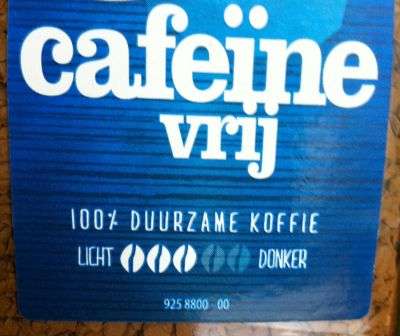Sustainable is not ecological.
Products often contain terms such as: sustainable, sustainability, ecological, cradle-to-cradle, circular, environmentally friendly, and so on. It seems as if these are synonymous. Just last week something happened to me when I ran into an old friend. She obtained her doctorate and is now following a short course at Utrecht University on sustainability. And when she said "sustainability", I got crooked toes.
When making Strohplatz as self-sufficient as possible, "sustainable" was too often associated with products that are quite chemical, such as synthetic insulation material, synthetic roofing material and even synthetic paint. "Sustainable" is only about how long a product will last, and more than 15 years is apparently sustainable.
Unfortunately, "sustainable" says nothing about how much pollution was released during production, and how many hundreds of years the synthetic substances still make air, water or soil toxic. Sustainability therefore has nothing to do with "ecological", or from a permaculture perspective: "care for the earth". The Story of stuff probably explains this best.
Not only "sustainable" is misused for greenwashing. For example, "more environmentally friendly" means products that use less energy. In addition to the contaminants during production and as waste, you probably save more energy by not renewing the product and using your electronic hob one minute less per year.
Awareness
Terms and labels do not necessarily make the world a better place, although cradle-to-cradle organic MSC and ASC are a big leap forward. I think awareness is a more permanent solution. Knowledge transfer. Strohplatz courses therefore always start with a bit of permaculture with a holistic view of the entire system.
Only a conscious consumer can look at the whole and not just at a term or quality mark. "Sustainable" XPS insulation will be highly toxic air or ground pollution 50 years from now. A heat pump with energy label A++ still consumes many times more electricity than you can ever generate on site and therefore consumes coal (also with green energy). And an organic wine from Chile has been transported by polluting boat or plane....
Check out our popular course Selfsufficient Off-grid.
